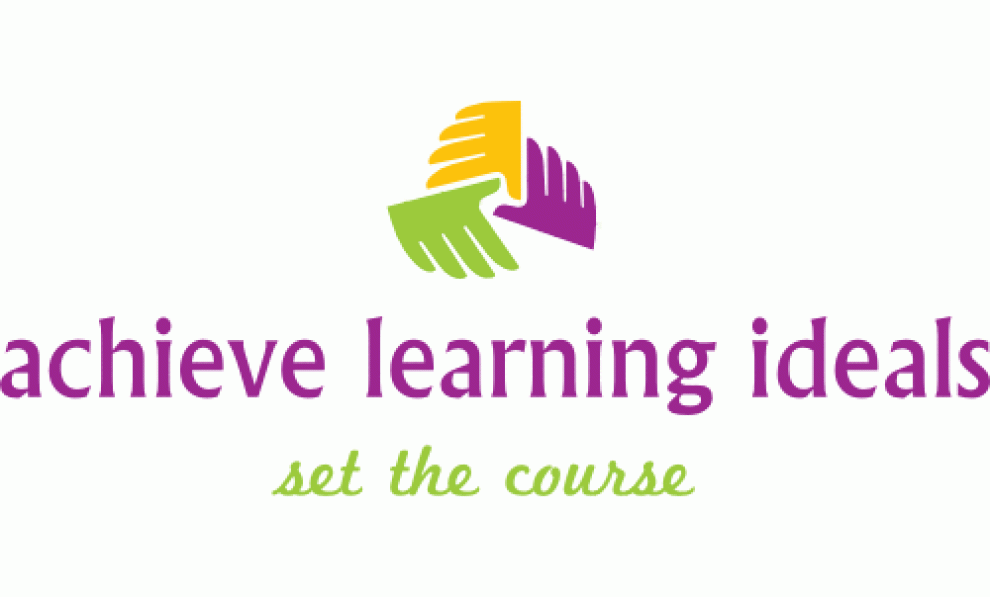A Rant about “Labels”
“Fresh before” does help us grocery shop- we can buy with ease products that we believe will stay fresh on our shelves or in our cupboards until consumed. And when we understand about such labels that products may still be both tasty and healthful even after the stamped date- we can buy the products often on discount and not only save money on the goods, but also contribute to the environment via causing less waste and with the current public awareness of “less than perfect” produce being equally tasty and good, awareness is changing the way we shop for food-
Labels, and awareness of how they may be positive and negative at the same time is essential for all connected to Education. For every sign that used to be posted on a clasroom and which read “Failure is not an option” the counter (or opposite) sign in a Science lab might show Edison and his maxim about trying to find the right formula at least a thousand times. What then is the “ideal sign” for a classroom wall? WELCOME! and in here there will be no labels.
For children learn quickly what is considered their own ability and their own strength in relation to the others in the classroom. Affixing additional labels may help administration in using computers to slot the children into various groups- it doesn’t however help the students themselves. Most labels in Education have to do with funding- how a school, or a district, or class, or individual students may receive “extra,”- and when the entire school district receives funding, the neighbourhood benefits- however, when a student is mislabeled the student may be removed from one group of peers and placed instead within a community of “misfits” to then on struggle to not only make sense of “Schooling” which becomes a place where little learning is happening, but to, if actually graduating – to graduate with the label of “problem, trouble, slow, applied, special needs, remedial,” and then either reject what schooling offered, or challenge this same system anyhow by going for a future that those labels couldn’t have predicted! In particular the concept of “Special needs” ranges from highly gifted and talented to students with multiple exceptionalities- who may also be gifted-and students who are mis identified as hyper or attention deficit when their inquiry or their attitude or their foundational knowledge base or their background makes the particular class and teacher student interaction one of challenge versus “empty vessel to be filled.”
In so many ways though, that concept of children as “empty vessels” must be overturned in favour of children as learners- period. And children must challenge, everything and nearly everyone in order to grow- new ideas will not come unless children and adults are both thinking, and both actively willing to be “imperfect,” to make, create or build something that might not in the completed project match the original vision, but then to question how to improve upon the construction. Classrooms where inquiry is respected have students who challenge themselves, and who bring extra information to the benefit of the group- like in the workforce where cultures aimed towards growth will find employees participating beyond clocked hours in contemplating how and where to focus energy on improving, and no one is saying or groaning “homework” because the problem solving is the challenge and the actions to be taken provide a stimulation for brain and body- healthy challenges that permit contradictions and design thinking.
We speak of “design” as if it were a simple process, when in fact design is a holistic attitude towards the combination of use (function) and form. And then in schools we over crowd, underpay, and underfund the neediest of school districts, whose students may even later be sent as “overflow” to higher income neigbourhood schools and once again relabelled; how to “use” as in place these extra students? with the goal often of continuing to claim “setting standards” which may translate to keeping the formal test results up and proving on paper that learning took place. Integration? Diversity? Ministry tests as goals or as cumbersome to the whole concept of education?
Labels matter- we all are aware of this – and even the popular “you matter” becomes another slogan when much needed time per pupil, per person, per individual is shortened to mandated minutes, and a stopwatch always clicking off minutes prevents the actual interactions – creating encounters instead of communication. Young, youngish, older, and seasoned Educators can agree that statistics do not capture commmunity, that labels, even the so called positive ones, may mask the personality of the person and that as human beings, each of us recognizes almost instinctively when in fact we do matter- and when we simply do not or have not “fit in.”
The produce table is now selling “less than perfect” vegetables; and in many elementary schools the notion of wearing “less than perfect” hats continues to catch on- almost like a movement spread from teacher to teacher, and community to community, this new ideal of accepting “not perfect” doesn’t mean “discard” but instead encourages taking a chance- try the produce – try the exercise- try and try again.
For 2017- do “try” until the right combination of people and place and actions allow for the almost unexpected exclamation “perfect!” till we begin- again. Best wishes…
